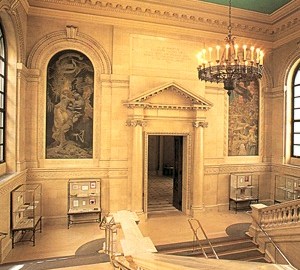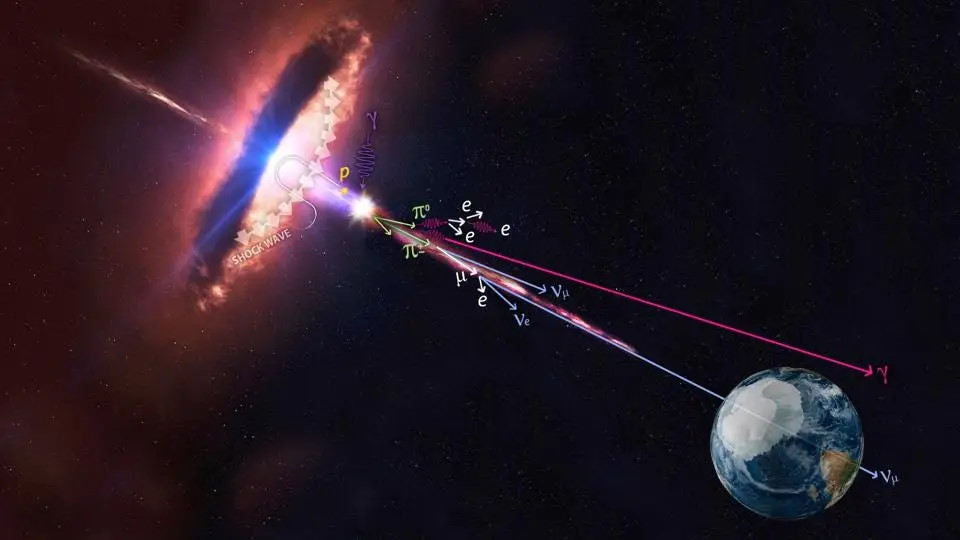Harvard’s Libraries, Hot Forever

What is the future role of the world’s great libraries, and librarians? Harvard Magazine considers what will become of one University’s vast collections in the age of digitization, and finds a happy answer. Or rather, finds that when forced to subtly re-define themselves, librarians are uniquely positioned to curate and control the awesome power of digitization.
Harvard’s Peter Bol, Carswell professor of East Asian languages and civilizations, points out the essential and increasing relevance of wise librarians. In the piece he asks, “Who has the most scientific knowledge of large-scale organization, collection, and access to information? Librarians. If you’ve got 16 million items, that’s a very big guarantee.”
The larger fear, now woven into almost every conversation about to books, publishing or academic research, remains one not only of access but of availability. Even if libraries exist, will they continue to house books? Does it matter where books are, or in what format we experience them, if we know we will have access to the “data?” If we were told that books and libraries as we know them would cease to exist, how will we manage the psychic terror of so much intellectual loss?
Perhaps there is no loss. Perhaps, in the end, the things we need retrieved will be the things to which we divine some street of access. Tom Stoppard, in Arcadia, put it like this:
“We shed as we pick up, like travellers who must carry everything in their arms, and what we let fall will be picked up by those behind. The procession is very long and life is very short. We die on the march. But there is nothing outside the march so nothing can be lost to it. The missing plays of Sophocles will turn up piece by piece, or be written again in another language. Ancient cures for diseases will reveal themselves once more. Mathematical discoveries glimpsed and lost to view will have their time again. You do not suppose, my lady, that if all of Archimedes had been hiding in the great library of Alexandria, we would be at a loss for a corkscrew?”
Said another way, the long tail favors Shakespeare—and knowledge. The will to seek new knowing is one of our finest defining characteristics. While critics say libraries—or librarians—are irrelevant (“Throw [Harvard’s collections] in the Charles,” the piece quotes one scientist as saying), this is simply the parsing of terms. Google is just another word for “library,” and once Google determines who—and what—their own librarians are we will turn to them to guide us to Widener, Bodleian, and Firestone. Librarians will continue to do what they’ve always done: make access democratic. Increasingly, they will allow books left untouched for generations to become hot.




